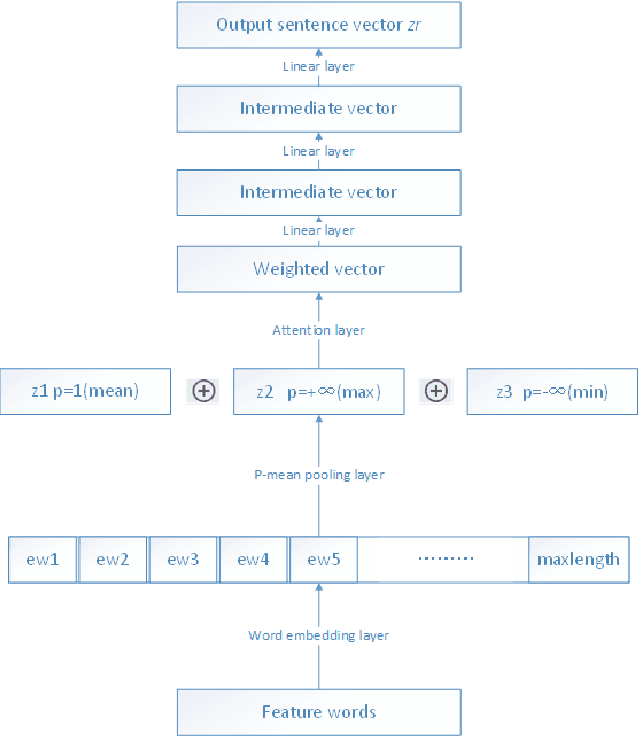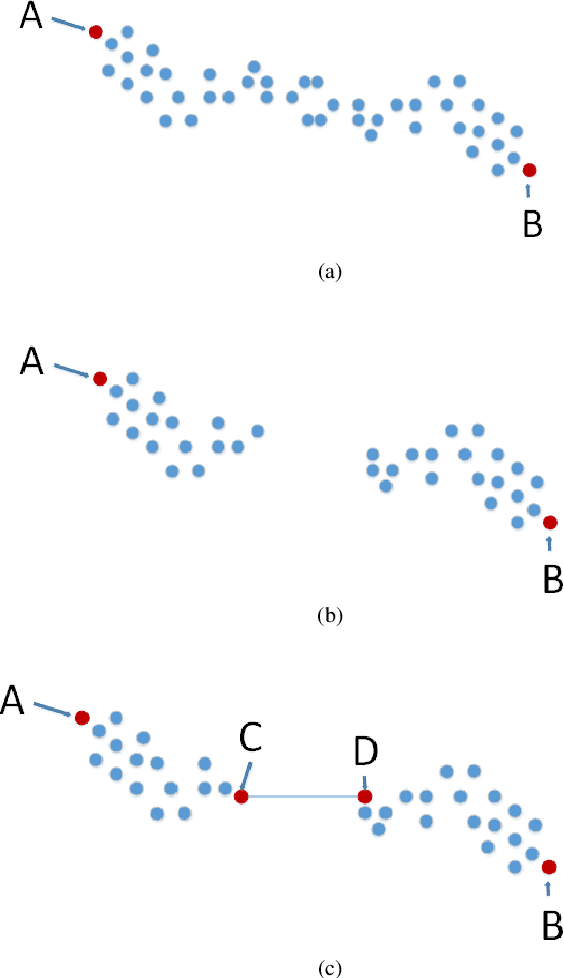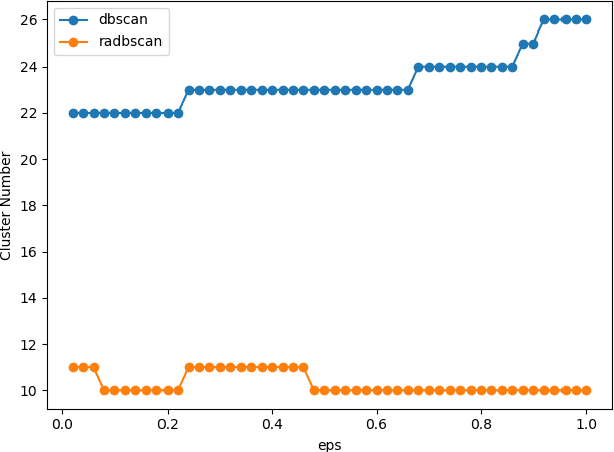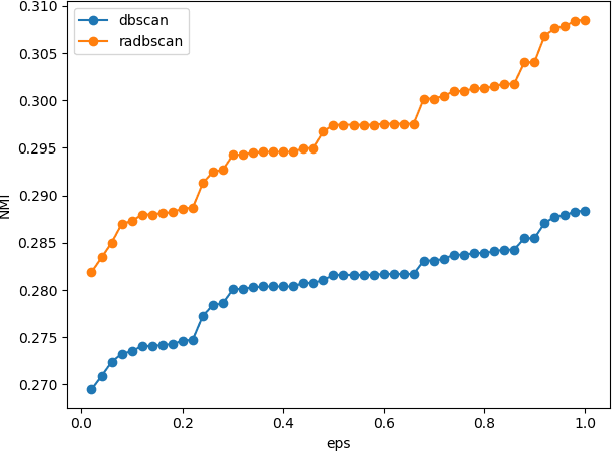Cong Wan
CanonSwap: High-Fidelity and Consistent Video Face Swapping via Canonical Space Modulation
Jul 03, 2025Abstract:Video face swapping aims to address two primary challenges: effectively transferring the source identity to the target video and accurately preserving the dynamic attributes of the target face, such as head poses, facial expressions, lip-sync, \etc. Existing methods mainly focus on achieving high-quality identity transfer but often fall short in maintaining the dynamic attributes of the target face, leading to inconsistent results. We attribute this issue to the inherent coupling of facial appearance and motion in videos. To address this, we propose CanonSwap, a novel video face-swapping framework that decouples motion information from appearance information. Specifically, CanonSwap first eliminates motion-related information, enabling identity modification within a unified canonical space. Subsequently, the swapped feature is reintegrated into the original video space, ensuring the preservation of the target face's dynamic attributes. To further achieve precise identity transfer with minimal artifacts and enhanced realism, we design a Partial Identity Modulation module that adaptively integrates source identity features using a spatial mask to restrict modifications to facial regions. Additionally, we introduce several fine-grained synchronization metrics to comprehensively evaluate the performance of video face swapping methods. Extensive experiments demonstrate that our method significantly outperforms existing approaches in terms of visual quality, temporal consistency, and identity preservation. Our project page are publicly available at https://luoxyhappy.github.io/CanonSwap/.
GridShow: Omni Visual Generation
Dec 17, 2024Abstract:In this paper, we introduce GRID, a novel paradigm that reframes a broad range of visual generation tasks as the problem of arranging grids, akin to film strips. At its core, GRID transforms temporal sequences into grid layouts, enabling image generation models to process visual sequences holistically. To achieve both layout consistency and motion coherence, we develop a parallel flow-matching training strategy that combines layout matching and temporal losses, guided by a coarse-to-fine schedule that evolves from basic layouts to precise motion control. Our approach demonstrates remarkable efficiency, achieving up to 35 faster inference speeds while using 1/1000 of the computational resources compared to specialized models. Extensive experiments show that GRID exhibits exceptional versatility across diverse visual generation tasks, from Text-to-Video to 3D Editing, while maintaining its foundational image generation capabilities. This dual strength in both expanded applications and preserved core competencies establishes GRID as an efficient and versatile omni-solution for visual generation.
Prompt-Agnostic Adversarial Perturbation for Customized Diffusion Models
Aug 20, 2024



Abstract:Diffusion models have revolutionized customized text-to-image generation, allowing for efficient synthesis of photos from personal data with textual descriptions. However, these advancements bring forth risks including privacy breaches and unauthorized replication of artworks. Previous researches primarily center around using prompt-specific methods to generate adversarial examples to protect personal images, yet the effectiveness of existing methods is hindered by constrained adaptability to different prompts. In this paper, we introduce a Prompt-Agnostic Adversarial Perturbation (PAP) method for customized diffusion models. PAP first models the prompt distribution using a Laplace Approximation, and then produces prompt-agnostic perturbations by maximizing a disturbance expectation based on the modeled distribution. This approach effectively tackles the prompt-agnostic attacks, leading to improved defense stability. Extensive experiments in face privacy and artistic style protection, demonstrate the superior generalization of our method in comparison to existing techniques.
A novel sentence embedding based topic detection method for micro-blog
Jun 10, 2020



Abstract:Topic detection is a challenging task, especially without knowing the exact number of topics. In this paper, we present a novel approach based on neural network to detect topics in the micro-blogging dataset. We use an unsupervised neural sentence embedding model to map the blogs to an embedding space. Our model is a weighted power mean word embedding model, and the weights are calculated by attention mechanism. Experimental result shows our embedding method performs better than baselines in sentence clustering. In addition, we propose an improved clustering algorithm referred as relationship-aware DBSCAN (RADBSCAN). It can discover topics from a micro-blogging dataset, and the topic number depends on dataset character itself. Moreover, in order to solve the problem of parameters sensitive, we take blog forwarding relationship as a bridge of two independent clusters. Finally, we validate our approach on a dataset from sina micro-blog. The result shows that we can detect all the topics successfully and extract keywords in each topic.
 Add to Chrome
Add to Chrome Add to Firefox
Add to Firefox Add to Edge
Add to Edge